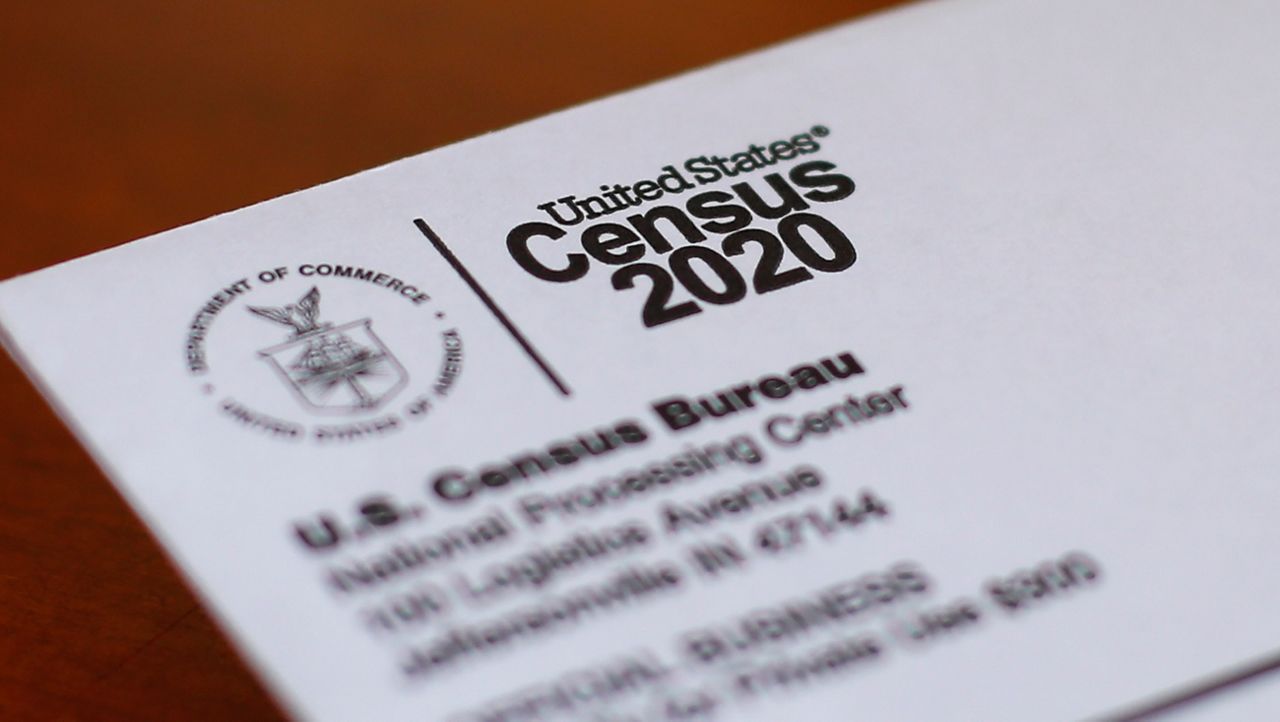Voting districts around Orange County are bracing themselves for a complicated next few months.
While the pandemic disrupted most of everyday life, it also delayed the collection of census data. That means the U.S. Census Bureau wasn’t able to finish collecting its raw data until Oct. 2020. Now, local municipalities are stuck waiting to redraw the lines. That has delayed registration deadlines and could complicate campaigns for candidates considering a run.
Candidates who ran for one seat last year may not be eligible for the same position in 2022. But no one will know until new districts are drawn.
California’s citizen redistricting commission voted unanimously this month to ask the state’s Supreme Court to allow the panel two extra weeks to draw political maps, which would give them until Jan. 14, 2022, to finalize the process.
Until the court weighs in, local registrar of voters’ offices are keeping an eye on the state legislature for directives.
Sacramento political consultant Tab Berg said it could be first-time candidates who suffer.
“If you’re running in a congressional seat, you don’t really know where you’re running,” he said.
Now, as the political universe focuses on the 2022 midterm elections, political players are starting to game plan for what mayhem delays will cause.
The U.S. Census, conducted every 10 years, establishes population numbers and other demographic markers. California, for instance, is expected to lose a congressional seat for the first time in its history, marginally reducing its electoral power from 53 to 52.
California is mostly exempt from the political concerns of other states where redistricting is conducted by state legislatures. The state has an independent committee designed to be nonpartisan. However, the Orange County Board of Supervisors is responsible for drawing its voting districts.
“Uncertainty breeds a certain paranoia which usually results in special interests pouring money in,” Berg said.
The 2020 presidential election saw a historic jump in donations and independent spending. Berg think’s the doubt around 2022 could force lots more donations than is typical of a midterm election.
The midterm elections are sure to feature numerous, hard-fought congressional races, including a few in Orange County. Rep. Katie Porter, D-Irvine, represents one of the most populated districts in the state. How redistricting will impact her race won’t be clear until refined census data, arriving this fall, is sorted through. And Republicans are sure to show out in force to vote.
Most top-flight congressional candidates are sure to be well funded enough to endure the complications of an odd year at the polls. Berg said it would be the down-ballot candidates running for school board or city council who may not have the money to run a truncated campaign effectively.
Democrats have only a narrow lead in the House of Representatives and control 50 seats in the Senate because Vice President Kamala Harris casts the tie-breaking vote.
“There is a big push by Republicans, and they will claw and fight for any resources they can from any independent group, to take back both houses,” said Adam Probolsky, a pollster and owner of Probolsky Research.
